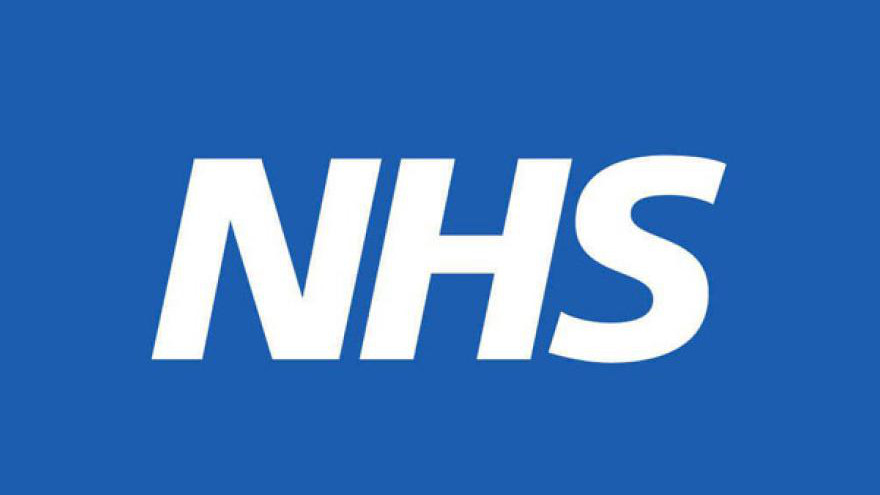The requirement for all of England to be covered by an Integrated Care System (ICS) has been formally introduced to parliament today.
The government’s Health and Care Bill, which sets out plans to reform the NHS in a bid to deliver more joined-up care, was officially introduced to the House of Commons on July 6.
It puts legal obligations on NHS England to ensure every area in England is covered by an ICS – or integrated care board as the Bill refers to.
It will also see the abolition of clinical commissioning groups, set up as part of the 2012 Lansley reforms.
Instead, ICSs “has the function of arranging for the provision of services for the health service in England following this Act” – in other words, they will be responsible for the commissioning and provision of NHS services in the area they cover.
Each ICS would also be required to “promote integration” to improve the quality of services; reduce inequalities between patients, and reduce inequalities in health outcomes.
They will also be required to “promote innovation in the provision of health services” if the Bill is passed.
NHS England will be responsible for the funding ICSs receive and “may give integrated care boards directions about their management or use of financial or other resources” including expenditure limits.
The Bill, which was formally announced in February, aimed to embed lessons learned during the Covid-19 pandemic and make legislative changes to reduce red tape around procurement and data sharing.
It will “modernize the legal framework” to make the health system “fit for the future”, the Department of Health and Social Care said at the time.
The introduction of the Bill to parliament marks the first major undertaking for newly appointed health secretary Sajid Javid, apart from setting out the roadmap to end lockdown restrictions.
Upon Javid’s appointment as health secretary, following Matt Hancock’s resignation over an affair with his aide, there was uncertainty around whether the Bill would be brought to parliament as soon as expected.
Labour had called for the Bill to be scrapped amid controversial plans for the health secretary to gain more control over NHS England. The opposition labeled it a power grab.
The Bill would enable the health secretary to abolish arm’s length NHS bodies; intervene on shutting down departments deemed unsafe much earlier; and “give NHS England directions as to the exercise of any of its functions”.
NHS Confederation and NHS Providers have warned against the measures.
The Guardian has reported Prime Minister Boris Johnson told Javid to put the much-anticipated Bill before parliament, despite the health secretary’s own concerns around the proposed legislation.
The Bill has gone through the first reading of parliament as of July 6. It will be reintroduced at a later date for its second reading when MPs can debate the legislative changes.
Culled from Digitalhealth

